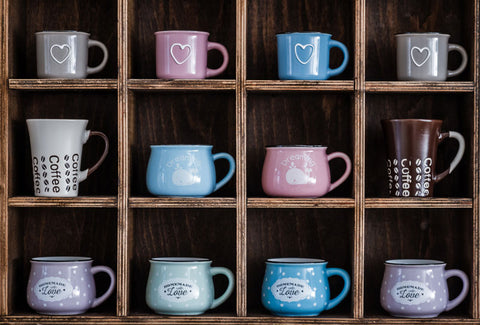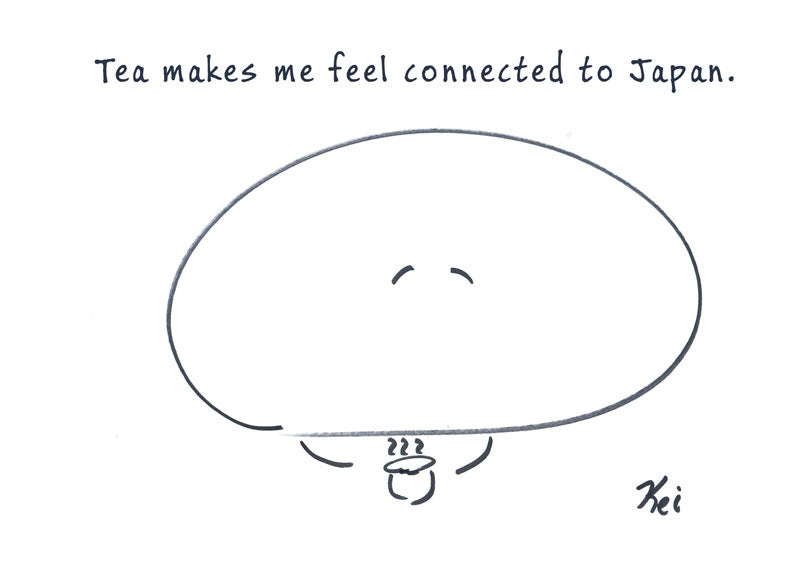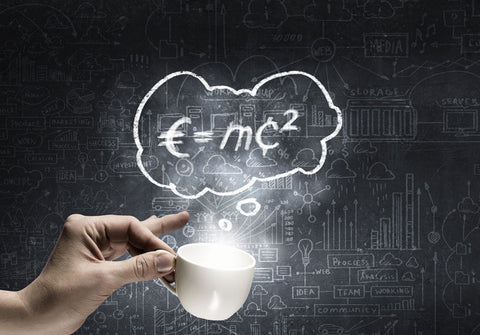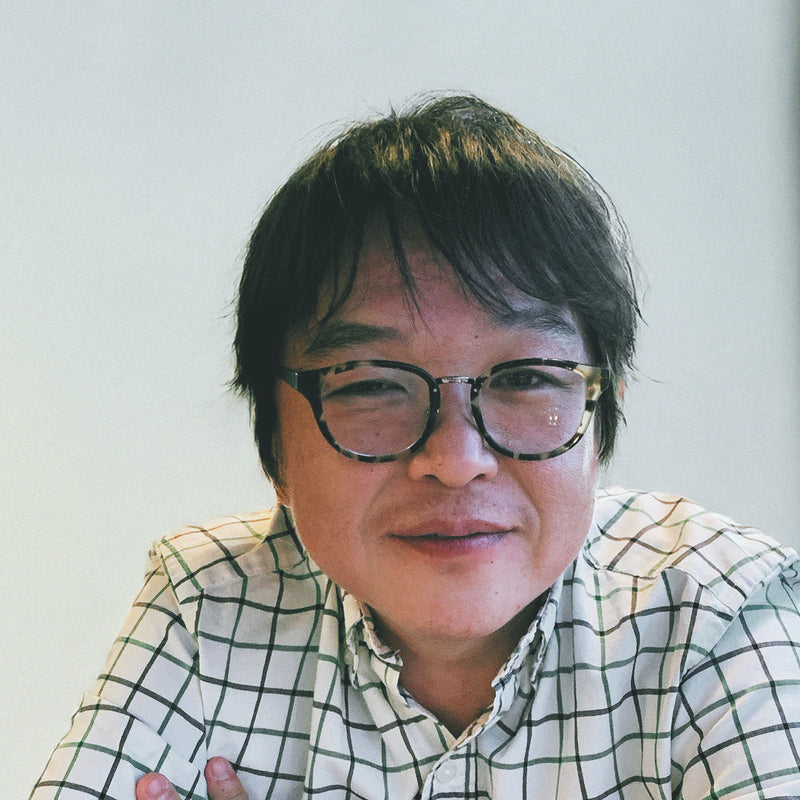Subscribe to Green Tea Podcast:
Japanese Green Tea vs Coffee - 10 battles You Don't Want to Miss
The two most popular beverages, tea and coffee, each have dedicated followers who will insist one is better than the other. Japanese green tea and coffee may seem completely different, but many people take their drinks seriously. Which one is "better" is the subject of this battle, comparing each on 10 ranging criteria.
1. Antioxidants: Japanese Green Tea Wins Every Time
Even among the various types of green tea, Japanese green tea has the highest number of antioxidants. Japanese green tea’s form of production preserves all nutrients contained in the leaves. That includes catechins, a type of antioxidant that protects the body from cancer over time. A particular catechin called epigallocatechin gallate, or EGCG, is at the forefront of improving health. Such antioxidants maintain the skin’s youthfulness and elasticity, reduce blood pressure, and reduce the risk of type 2 diabetes.

2. Energy: Coffee Gives You a Quick Boost
Most people who obsess over coffee drink it not only for the taste but also for the caffeine. As a stimulant, caffeine jump-starts your body’s nervous system. Your blood pumps, your heart rate quickens, and you feel more alert. Coffee contains quite a high amount of caffeine, with around 95 milligrams in a cup. People who drink coffee regularly experience advantages like improved mood and performance on tasks. Memory and cognitive abilities also benefit from the rich drink, from quicker reaction times to better concentration. If you want a quick form of energy or an afternoon pick-me-up, coffee is the beverage of choice.

3. Productivity: Japanese Green Tea Supplies Long-term Sustained Energy
While coffee is best for a fast-acting solution to fatigue, Japanese green tea is meant to energize the body steadily throughout the day. Its antioxidants slow down the rate of caffeine absorption. As a result, you will experience gradual, balanced energy levels and productivity while relieving stress and staying calm. Japanese green tea contains high amounts of L-theanine, an amino acid that dramatically alleviates stress. Directly targeting the brain's alpha waves, L-theanine reduces anxiety, soothing the mind and body without causing drowsiness. High alpha wave activity helps you solve problems more effectively while reducing mental strain.

4. Weight loss: Coffee is a Natural Appetite-Suppressant
Because of the caffeine it contains, coffee can affect your metabolism. The energy boost increases your activity level, allowing you to burn more calories than you would without coffee. Some studies show up to a 13% increase in fat burning. While Japanese green tea can also assist in losing weight, coffee has a stronger effect on thermogenesis, or the rate at which your body burns energy. Because coffee has a more concentrated amount of caffeine, it works faster at increasing metabolism than Japanese green tea. Of course, that's only if you drink coffee without too many caloric add-ins, which can cancel out the effect.

5. Health: Japanese Green Tea has Long-term Health Benefits
If you drink Japanese green tea regularly, you may find yourself in better overall health down the line. In a long-term 2006 study on a Japanese population, individuals who drank at least four cups of green tea daily had a 26% lower likelihood of heart disease. Even one cup of green tea a day is enough to increase your lifespan. What's amazing about Japanese green tea is that you can drink 2-3 cups a day without any negative side effects like jitteriness or thirst. This amount of tea offers 200–300 milligrams of polyphenols, the broad term for antioxidants like catechins and flavonoids, to name a few.

6. Flexibility: Coffee Drinks Come in Many Forms
There are a lot of possible ways to drink coffee. With a broad range of coffee bean varieties, from Arabica to Robusta, people get to choose from light, medium, or dark roasts. There are numerous ways to prepare coffee. Especially with the Italian inspiration involved in specialized barista skills, espresso drinks are incredibly popular. People can select whatever they desire: a latte, a macchiato, an americano—the list goes on. Because coffee’s flavor is so adaptable, coffee shops offer different flavors in syrups and available add-ins. Needless to say, there will be a coffee drink you haven’t tried yet.

7. Culture: Japanese Green Tea is A Special Tradition
In Japanese tradition, Japanese green tea has ritualistic importance. Other than serving green tea with every meal, Japanese green tea is significant in the practice of the tea ceremony. This ceremonial tradition of carefully and beautifully preparing Japanese green tea is an art form that began with Buddhist practices. Usually, a tea ceremony entails a host dressed in customary Japanese clothing on a tatami mat in a pristine tea room. Supplies like a bamboo whisk and a Tokoname pot are laid out for the host to use. To host a tea ceremony, one must go through specialized training in the choreography of movements and creating the tea gracefully. Coffee also has historical significance, originating in Ethiopia and gaining popularity in other Middle Eastern countries in the 15th and 16th centuries. However, as it spread to the rest of the world, it lost its cultural roots and is commonly seen today as a commercial product.

8. Availability: More Coffee is Made Around the World
Because of coffee’s commercial success, over 50 countries farm and produce coffee beans. Because of this, over 9 million tons of coffee are made each year. Japanese green tea is limited by region because it requires a specific environment and farming practices. Japan produces over 80,000 tons of tea annually, and about half of that is Japanese matcha green tea. Because of this, Japanese green tea costs more than coffee on average. Therefore, coffee is more widespread. The United States alone drinks about three times more gallons of coffee than even bottled water. Surprisingly, the top coffee-drinking countries in the world are all in Europe, with Finland as number one.

9. Dental Hygiene: Japanese Green Tea Benefits Teeth
What’s most surprising about Japanese green tea is the positive effect it has on oral health. Long-term consumption of coffee could potentially lead to bad breath and stained teeth. Japanese green tea's high EGCG antioxidant content provides antibacterial qualities. It protects the tongue and gums from possible plaque growth. Since bacteria give rise to halitosis, or bad breath, Japanese green tea fends that off as well. The reduced acidity compared to coffee and other teas is comfortably balanced with the pH of your mouth, reducing the risk of tooth decay.

10. Brain Health: Coffee May Prevent Parkinson’s Disease
As the body ages, it becomes vulnerable to less efficient functioning. The brain, in particular, can be at risk for neurodegenerative conditions like Alzheimer’s and dementia. Both coffee and Japanese green tea have positive effects on protecting brain health. However, one area where stronger research points to coffee is Parkinson’s disease. Coffee can delay the onset of Parkinson’s disease, a condition that affects movement and balance. A 2012 study showed that coffee gave people with Parkinson’s more control over their movements. Other research revealed that high coffee intake among men made them five times less likely to develop Parkinson’s.

And the Winner Is…
The two opponents in this perilous battle were neck-and-neck, but it’s a tie! Coffee is exceptional in amplifying energy, enhancing weight loss, offering variety and availability, and preventing Parkinson's disease. Japanese green tea is fantastic for its antioxidants, health benefits, stress relief, cultural importance, and improving oral health. Regardless of what drink you prefer, both Japanese green tea and coffee have rewarding qualities.
Try Japanese Coffee?
Have you tried Japanese coffee before? We also carry premium Japanese coffee, which is roasted on charcoal called binchotan. It is called Sumiyaki Coffee. Click here if you are interested in learning more about it.
Get Free Bonus Books

Sign up for free to the Green Tea Club to get advice and exclusive articles about how to choose Japanese Tea, and tips, tricks, and recipes for enjoying Japanese tea.
About the author
Kei Nishida
Author, CEO Dream of Japan
Certification: PMP, BS in Computer Science
Education: Western Washington University
Kei Nishida is a Japanese green tea enthusiast, a writer, and the founder and CEO of Japanese Green Tea Co., a Dream of Japan Company. His passion for introducing America to the tea of his homeland was the catalyst for creating the only company that brings high-quality tea from Arahataen Green Tea Farms to the rest of the world. Learn more about Kei
























